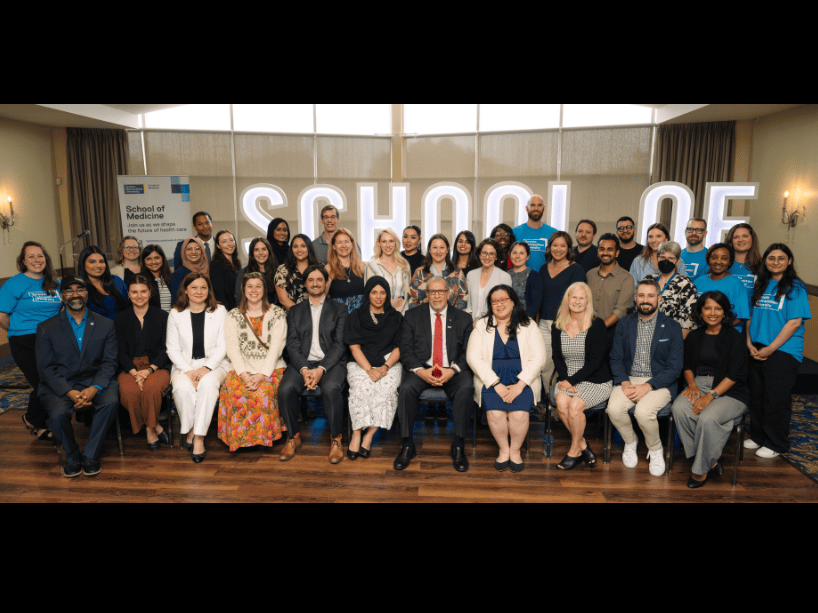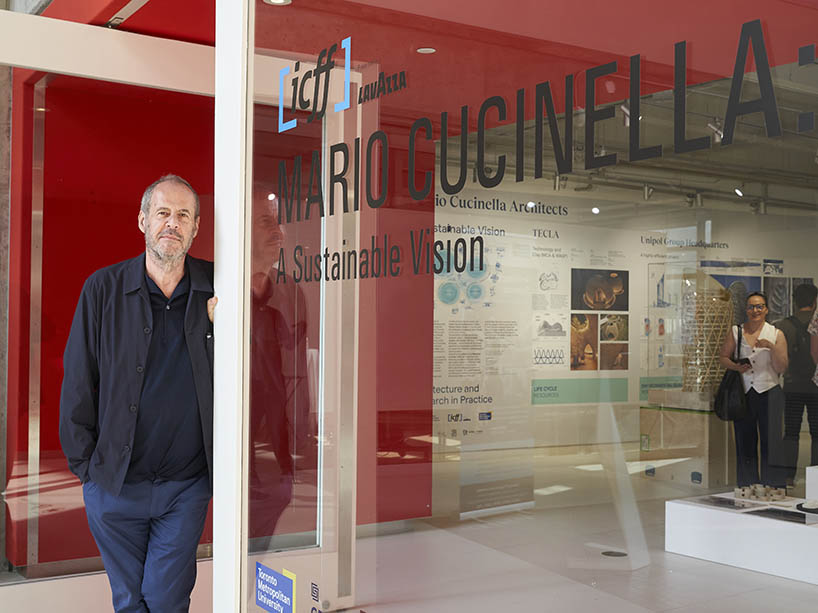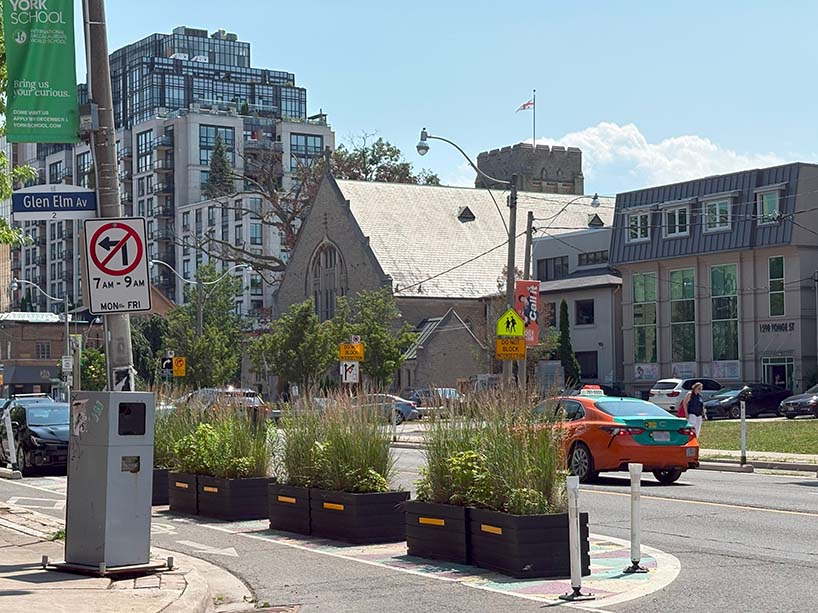Creating a resource for those in need
In downtown Toronto, a new project is helping connect vulnerable people with the services they need. Through the Faculty of Community Services, two Ryerson students worked with the Downtown Yonge Business Improvement Area (DYBIA) (external link, opens in new window) to create a resource of downtown Toronto’s drop-in centres.
Kiri Witmer (child and youth care) and Jingzhi (Lilly) Deng (retail management) visited all of the drop-in and resource centres in the downtown area to compile a booklet that will be distributed to local businesses and offices. Downtown store owners and security staff will be able to use the booklet to direct people experiencing homelessness and/or poverty to the resources they need.
“Instead of pushing them away, here’s where the booklet can come in handy,” said Mark Garner, executive director of DYBIA. “Say, ‘Do you need clothes? Do you need food? What do you need?’ and then connect them to the agencies that are in the area, because people don’t know.”
Garner led a similar initiative at a BIA in Kitchener-Waterloo, and was prompted to revisit the initiative after a man froze to death at the Yonge/Dundas bus shelter in 2015. “I wrote an article (external link, opens in new window) for a newspaper and said, ‘Why do we have to get shocked out of our complacency?’” said Garner. “People were walking by this guy and saying, ‘Y’know, he’s just another homeless person…’ and thinking that someone else is dealing with the issue.”
“Businesses in the downtown area don’t really know what’s the best way to deal with homeless people,” said Lilly Deng. “They want to help them instead of just kicking them out or sending them away to a different area. Mark always had the idea that we should have a better way to help them.”
Garner presented the idea of a resource booklet to Ryerson’s Faculty of Community Services. Through Melanie Panitch, the John C. Eaton Chair of Social Innovation and Entrepreneurship, a call for applications was put out for students to research the project. One by one, Witmer and Deng visited every relevant centre in the neighbourhood, from familiar centres like the Yonge Street Mission to initiatives like “Lawyers Feed the Hungry” near Osgoode Hall.
The resulting booklet aggregates information on hours, contact information, and the services provided (beds, shower, food, laundry, etc.). It includes listings and a map for maximum convenience.
“It’s very difficult to navigate the system,” said Kiri Witmer. “There were some we had to cut because they didn’t meet certain criteria. If there’s a centre you really like, it might only be open on certain days at certain hours, and you might not meet the criteria for each day. There was another 24-hours centre for women only.”
For the students, the process provided a hands-on learning opportunity. “I had an internship at a youth shelter this past semester,” said Witmer, “so I heard about a lot of these places. I would direct youth to them, but I’d never been to them in-person. In the future, if I were to direct them there, I’d have a picture of how it is, or who to talk to there.”
“I can’t say enough about the relationship that we have with Ryerson,” said Garner. “Ryerson was the key—they provided the resources that really made this happen.
The great thing that’s come from this is, now this is going to be part of the Ryerson curriculum. Now we’re going to teach the next generation the value of doing this type of work.”
The Downtown Toronto Drop-In Resource booklet is available (PDF file) here (opens in new window) .





